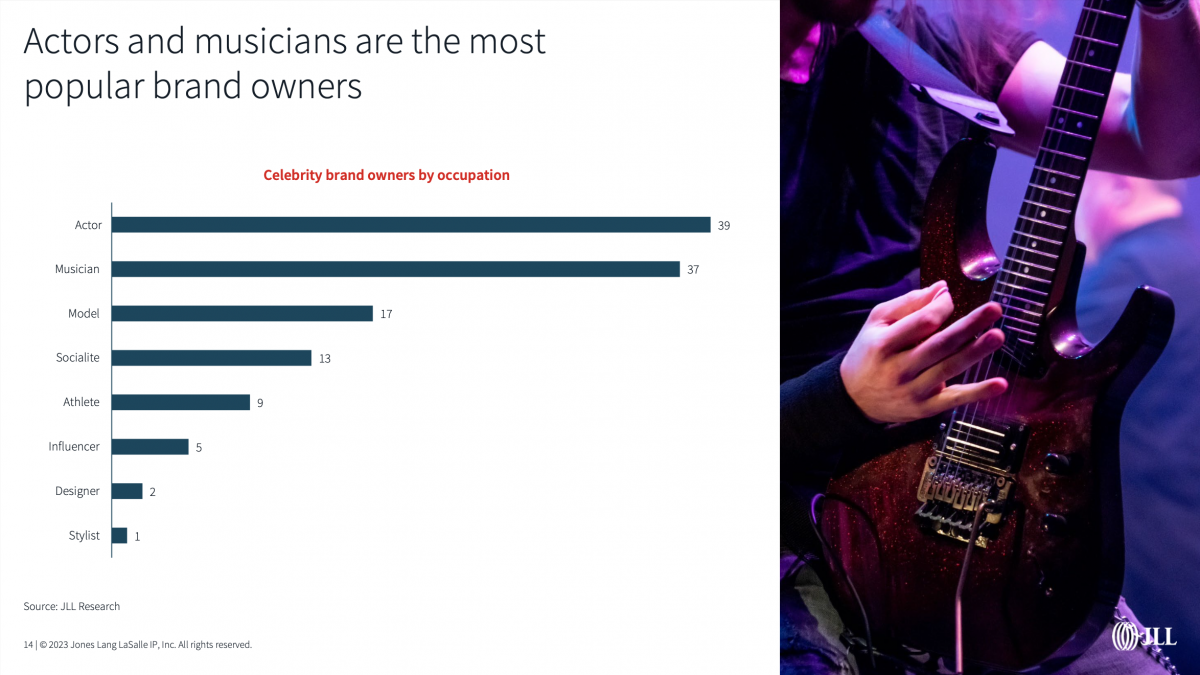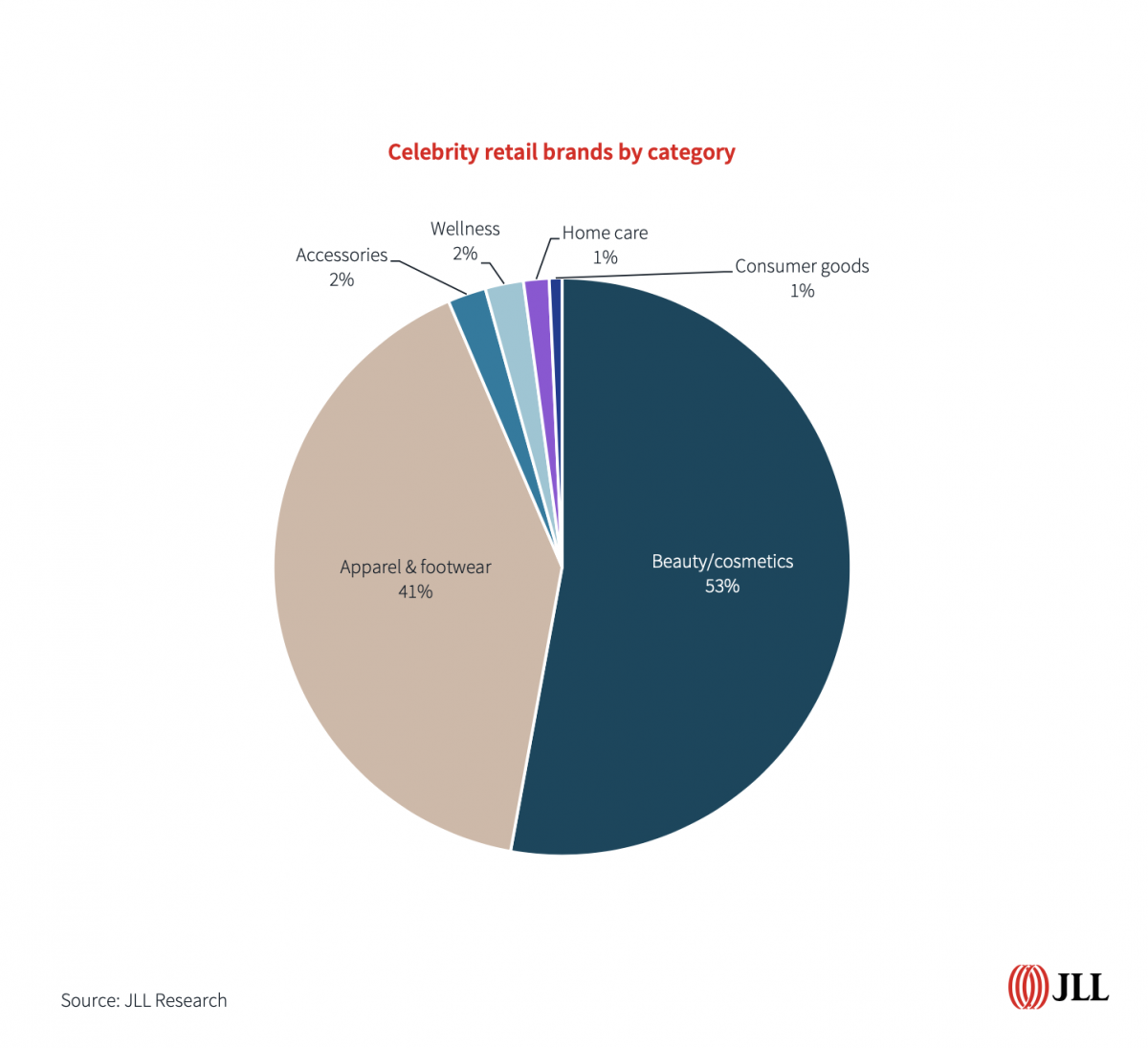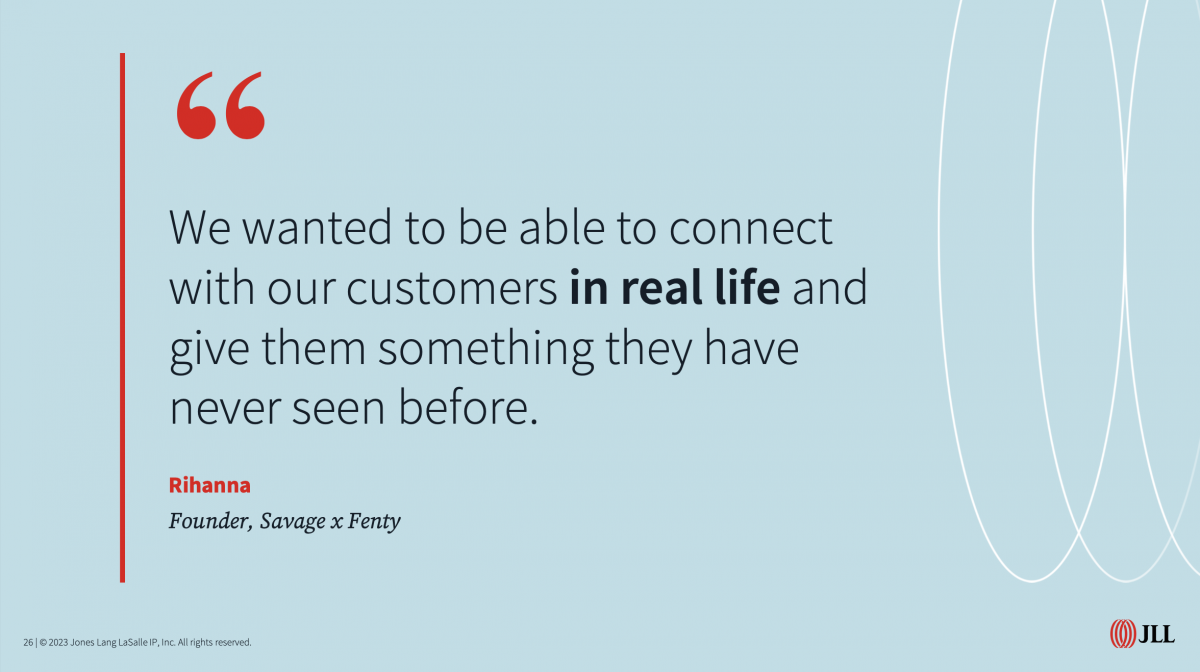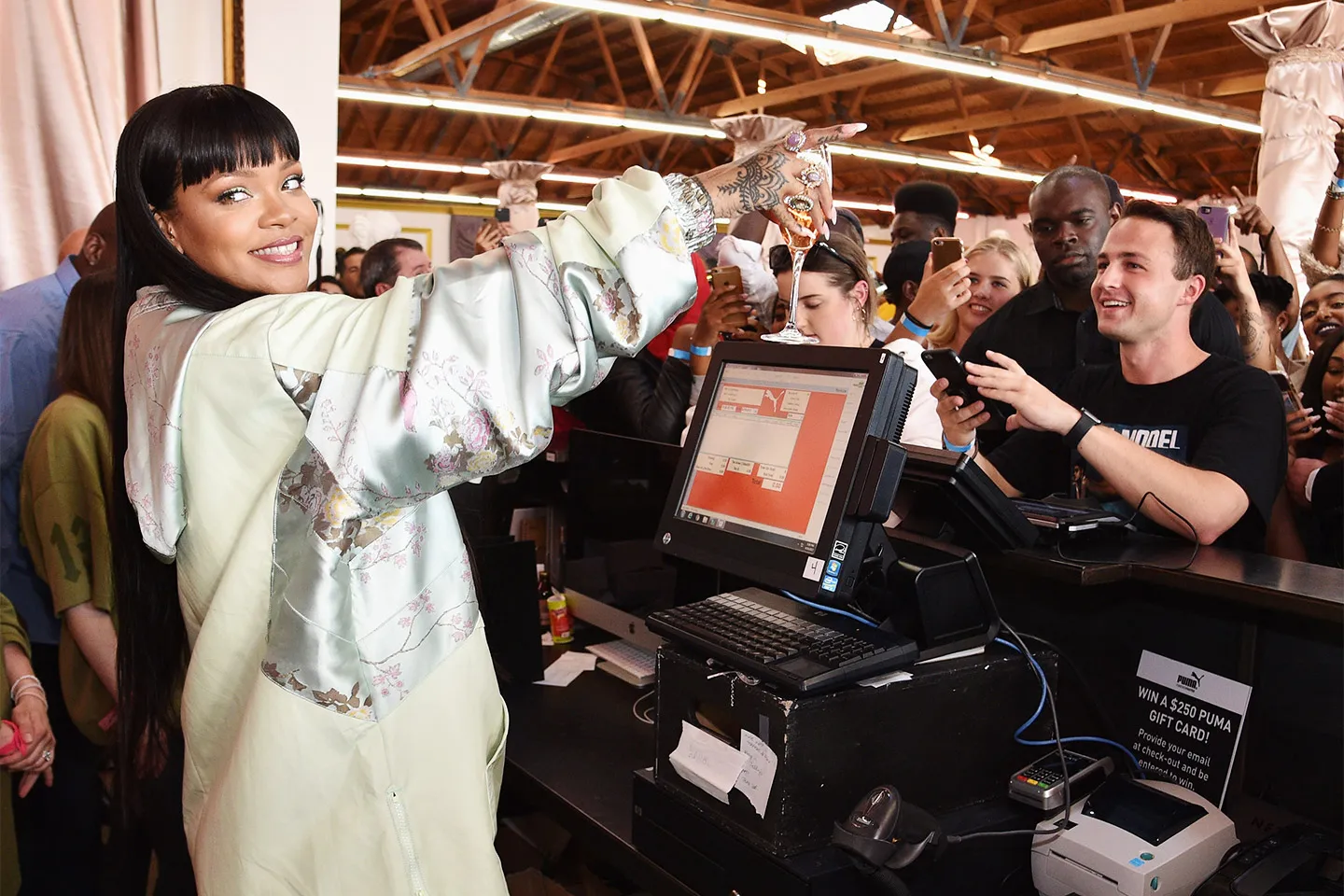By Marco Passoni
There are very few people in the world who can inspire enthusiasm and engagement like the modern celebrity. Since social media opened up their lives to the public, some have shied away, but many have leveraged their platforms to become media powerhouses in their own right. And in today’s culture, where more and more people have their own public ‘brand identity’ which they want the products they buy to fit into, the selling power of the rich and famous is greater than ever.
But, it strikes me, as I walk through airports (as I often do) that the posed pictures of celebrities which are stuck on the side of POS in many airports, so nothing to tap into this engagement, or the loyalty these celebrities inspire. Simply put, this lip-service approach does not go to the heart of the matter – celebrities are not most valuable as brand ambassadors, they are most valuable as brand owners.
I read this week a very interesting report on this very topic by JLL, which underlines my point. Celebrity-owned brands have a direct – and legitimate – link with their customers. There is a natural personality and story, which shoppers crave and want to tap into.

The most interesting point here is how these brands evolve their retail strategy. Most of them begin their life online, and today brand-owner celebrities have more than 7 billion followers on Instagram, so says the JLL report, and that is a huge market. On top of that, these brands are appearing fast: 60% were founded in the last six years and their online selling power is only going to grow, with the social commerce market on track to be worth $1.2 trillion by 2025.
So what are these megastar brands doing? They are opening physical stores.
Of course they are. It is the obvious thing to do for a brand which has experience and storytelling at the centre of its purpose. About 300,000 square feet of physical retail space has been opened by celebrity brands in the US alone in the last 10 years – and it is clothing brands leading the way, making up 82% of the permanent physical retail space opened. These apparel brands account for the second largest share of the celebrity-owned brand market at 41%, just behind beauty and cosmetics brands at 53%.

To me, this move and evolution for these brands seems obvious. Celebrities know better than anyone the engagement power they have with their fans – and they can see the business potential there. Why sell someone else’s products when you can sell your own? But to take experience and personal engagement to the next level, even in this digital age, you still have to go physical.
This, according to the report, usually begins with pop-ups (still a hugely underused asset in my opinion) and evolves to permanent spaces. We have seen examples of this around the world from Rihanna’s Fenty to Justin Beiber’s Drew House pop-ups in Europe and Asia.
In fact, borrowing again from JLL, Rihanna puts it best:

That one comment shows more understanding of how to build retail engagement and sales than many of the panel discussions I have seen in recent years.
This approach also goes to the heart of something that shoppers are demanding from brands they support: Legitimacy. Hollywood actress Jessica Alba has scaled back her film work, the report explains, as she is leading her brand The Honest Company. Pharrell Williams has done both: He established Billionaire Boys Club 20 years ago and now he is the men’s creative director for Louis Vuitton. He brings his legitimacy to a new brand – but he is directly involved, and that is what counts.
When you compare this to a photo of a celebrity on a beach which is stuck on an airport wall with a fragrance brand’s name imposed onto it, you can see the difference. The days of those easy, cheap wins to build shopper enthusiasm are (as I have said before) over. Shoppers want real experiences, with brands and people they can support and engage with. It is time that travel retail looked to bring the glamour and celebrity back.



